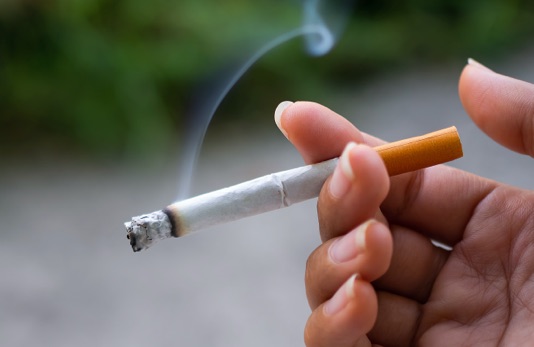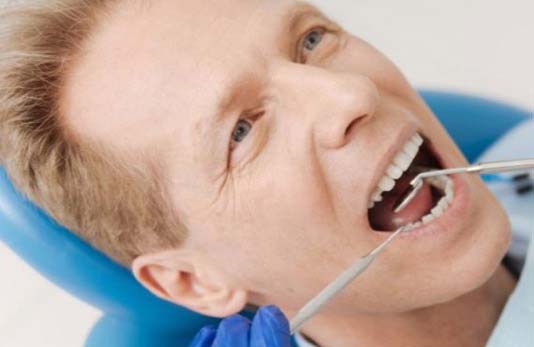How to prevent gum disease

You may not realize it, but your mouth is fighting a constant battle, and your brushing and flossing habits may be affecting that battle.
Gum disease, also called periodontal disease, is usually painless and progresses slowly. But it can become more serious before you even notice any problems. If left untreated, it can cause your gums and bone structure to deteriorate, eventually resulting in tooth loss.
How gum disease forms
Cavity-causing bacteria is in your mouth all the time. Other times, they’re introduced through foods and drinks. You can help remove these organisms by brushing and flossing regularly.
However, if you don’t brush and floss properly, a thin film of bacteria, called plaque, will start growing on the teeth and surrounding gums. The bacteria produce acid that eats away at your teeth and gums, leading to inflammation and cavities.
Plaque irritates your gums, and eventually, the gum recedes from the tooth, forming pockets where even more bacteria can collect. If not addressed, the condition worsens. Bacteria move down the root of the tooth, destroying bone and causing tooth loss.
Prevention starts at home
While you’ll need regular dental exams to remove tartar and detect early signs of gum disease, you can help keep your mouth healthy by caring for your teeth and gums at home. Here are some habits you can start today to prevent gum disease and keep your teeth for a lifetime:
- Brush for two to three minutes, at least twice a day, with fluoride toothpaste. Be sure to brush along the gumline.
- Floss daily to remove plaque from places your toothbrush can't reach. If you don’t like to floss, try a floss holder, which can make it easier to reach between teeth.
- Consider using a non-alcohol-based mouthwash. A mouth rinse isn’t a substitute for brushing and flossing, but it can reduce plaque by as much as 20%.
- Eat a healthy diet. Starchy and sugary foods increase plaque, but a healthy diet full of fruits and vegetables provides the nutrients you need to prevent gum disease.
- Avoid tobacco and nicotine products, which may lead to gum disease and oral cancer.
- Visit the dentist for regular cleanings and exams. Dental exams are one of the best ways to detect early signs of gum disease.
Avoid gum disease with good oral hygiene
Say no to gum disease with these helpful tips.
When you visit the dentist
Although a regular brushing and flossing routine will reduce the amount of plaque on your teeth, dentists and dental hygienists have specialized tools and techniques to remove tartar, a hardened form of plaque that may have built up on your teeth.
Regular exams can also help your dentist monitor your oral health and identify and prevent problems before they get worse.
During your next dental visit, discuss these questions with your dentist:
- Make sure your dentist checks the health of your gums during your regular visit.
- See if your dentist can help you create a list of oral care habits to meet your needs.
- Ask your dentist to come up with a plan to correct problems you may have, such as faulty fillings, crowded teeth or teeth grinding.
Contact your dentist immediately if you experience any warning signs of gum disease such as red, swollen or tender gums, bleeding while brushing or flossing, gums that pull away from teeth, loose or separating teeth or persistent bad breath.
Certain medications can aggravate gum disease, including oral contraceptives, antidepressants and heart medicines. If you’re taking any medications that increase your risk of gum disease, talk to your dentist. Always let your dentist know what medications you’re taking.
Last updated December 22, 2022
Related articles:
The oral health information on this website is intended for educational purposes only. Always consult a licensed dentist or other qualified health care professional for any questions concerning your oral health.


